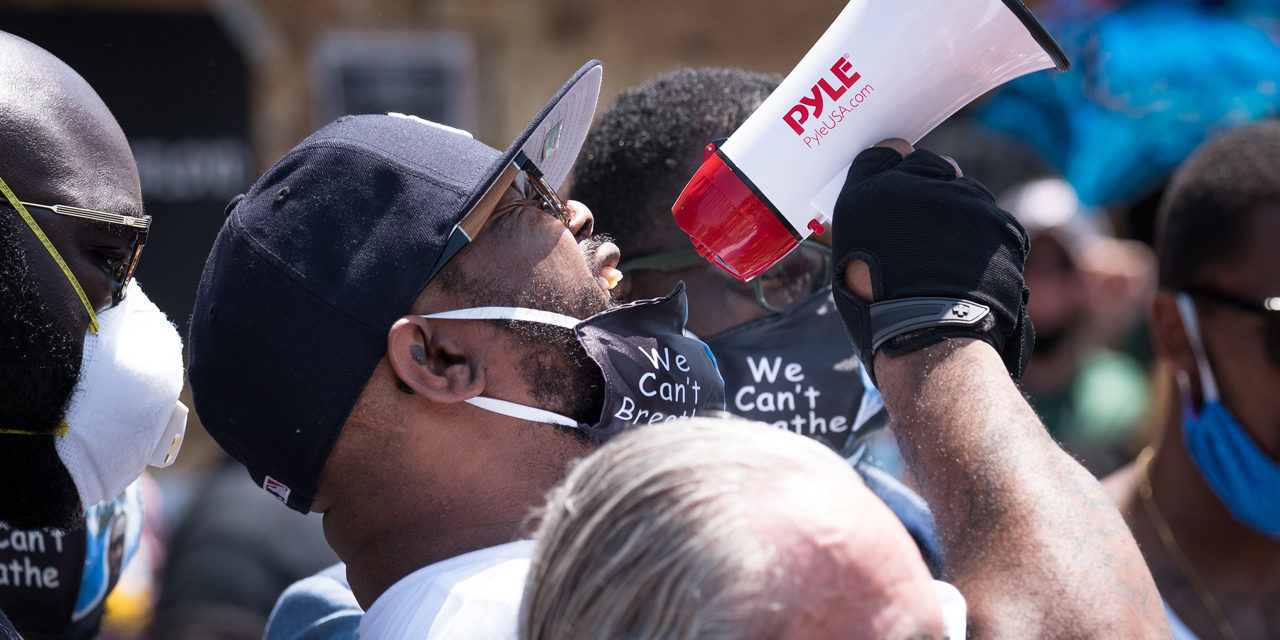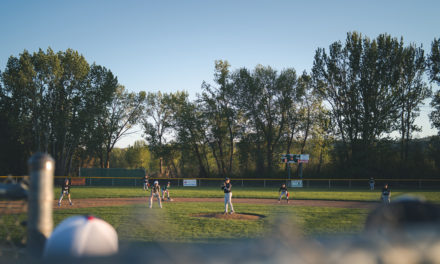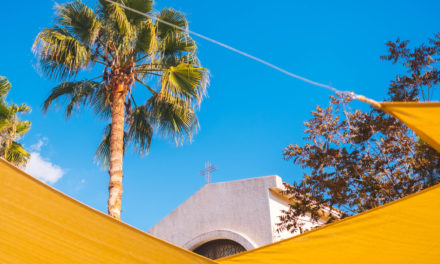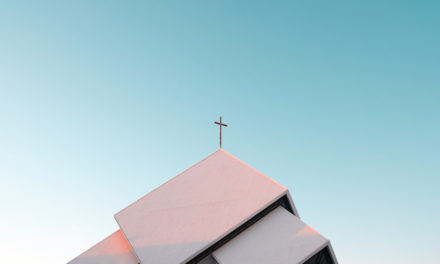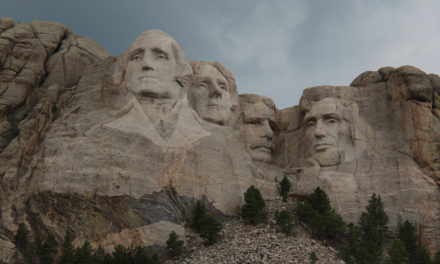It is horrifying to watch the video of police officer Derek Chauvin kneeling on the neck of George Floyd in Minneapolis. Floyd gasps for breath and pleads, “Please, please, please, I can’t breathe.”
It’s painful to watch his limp body lifted onto an ambulance, knowing, as we do now, that he was already dead. All four officers involved in the death were fired, and Chauvin was arrested and charged with third-degree murder and second-degree manslaughter.
Floyd’s death has ignited protests and calls for justice in at least 145 cities in the U.S. and in countries around the world. Many of those demonstrations have turned into violent riots, with looting and arson and shootings and more deaths. The destruction and anarchy have been terrible.
In the middle of all this, I’ve been struck by a few glimpses of goodness and hope. Some of that has come from members of George’s family as they’ve shared their grief – and their faith. They’ve called for justice, while speaking out against violence and rioting.
Terrence Floyd, George’s brother, spoke to protestors at the site of George’s death. Surrounded by a memorial of flowers, cards and signs, Terrence called protestors to stop the destruction. He said, “My family is a peaceful family. My family is God-fearing.”
He acknowledged that there have been other incidents of police brutality but said that destruction and violence did not bring change. He exhorted protestors: “Let’s do this another way. Let’s do this another way. Vote. Educate yourself. … Do this peacefully. Please.”
Terrence was emotional when talking about his brother, “My brother moved here from Houston, and I used to talk to him on the phone. He loved it here. …I know he would not want y’all to be doing this.”
Another moment of grace and hope came from George’s sister, Bridget, appeared on NBC’s Today. In an interview with Hoda Kotb, Bridget said that she and her family were taking George’s death “very, very hard” and said it was heartbreaking and disturbing. She said, “We are just doing the best that we can. And we’re making sure that we are doing the right thing. That he would want us to do. It’s been very hard. Very hard.”
At the same time, Bridget did not hold back from calling for justice: “I would like for those officers to be charged with murder. They murdered my brother. He was crying out for help.”
Then Kotb asked, “Do you have faith, Bridget, that justice will be done in this case?” Bridget replied, emphatically and calmly, “I have a lot of faith because I believe in the utmost, powerful God.”
Bridget continued: “Faith is something that me and my brother always talked about, because he was a God-fearing man, regardless of what he’d done. We all have our faults. We all make mistakes. Nobody’s perfect. But I believe that justice will be served. I have enough faith to stand on it.”
Another moment of hope came, oddly enough, from a White House press conference. Press secretary Kayleigh McEnany spoke out against the violence and lawlessness, mentioning attacks in Washington, DC on the Lincoln Memorial and St. John’s Episcopal Church.
The Lincoln Memorial is certainly more widely known, a symbol of the fight to end slavery, the fight for racial reconciliation, and the movement towards equality and rights for all people. It’s a place to remember one of our finest Presidents, who gave his all in a struggle to maintain the Union and bring freedom to millions. Defaced by graffiti during a night of violence, McEnany said this “does not honor the legacy of George Floyd” and asked, “How does that make sense?”
Just as senseless was the attack on St. John’s, a small church opposite the White House. Church windows were smashed, the building was painted with graffiti and the basement was set on fire. Vandals clearly did not know, or care, that the church was a place where Christians over the years had worked for racial reconciliation and equality.
McEnany quoted information about the church from the White House Historical Association. Built in 1816, every president since James Madison has attended services at St. John’s. Decades before the Civil War, African Americans were baptized and married in the church – both free and slave.
In 1828, for example, William Prates, a slave, married Emmeline Matthews, listed as “colored” in the church’s marriage register. The very next marriage listed is that of John Adams, son of President John Quincy Adams, to Mary Hellen. St. John’s is a reminder that Christianity, since its beginnings, has been at the forefront of fighting to abolish slavery and to bring reconciliation and peace between ethnic groups.
The Historical Association explains that Reverend John C. Harper was the St. John’s rector in 1963, when civil rights activists were planning “The Great March on Washington.” The high point of that march was Dr. Martin Luther King Jr. standing in front of the Lincoln Memorial, giving his famous speech, “I Have a Dream.”
Reverend Harper not only kept the church open during that time of tension and unrest, but he also held a prayer service on the day of the march, supporting the civil rights movement. Harper wrote to church members, “…This church building is open, as it has always been, to all who want to worship here; the ministry of this parish is extended to any who seek it; our fellowship with one another has no limitations whatsoever.”
At the prayer meeting, the congregation sang the hymn, “Our Father, thy dear Name doth show,” by C.H. Richards. The first verse reads:
“Our Father, thy dear Name doth show
the greatness of thy love;
all are thy children here below
as in thy heaven above.
One family on earth are we
throughout its widest span:
O help us everywhere to see
the brotherhood of man.”
The hymn goes on to remind believers that we are united by “one Lord, one faith, one hope for all.” While acknowledging the battles, strife and wrong “which since the world began have marred its peace,” the song calls Christians to unite as brothers. The final verse asks God to knit humanity together, “our discords change to harmony,” and points to a time when people from all nations will unite in worship in heaven.
George Floyd’s family is calling for truth and justice to prevail in his death. At the same time, they’re speaking out their faith in God and calling for an end to senseless violence. As we grieve this senseless death and strife, let’s pray for them and for our nation, that God would bring peace and good out of evil.
Resources and articles:
Breaking Down Racial Barriers with God’s Love
During Violent Weekend, Rioters Desecrated and Set Ablaze Houses of Worship
Finding Grace in the Midst of Racial Division
The Tragedy of George Floyd and the Way Forward to Peace and Racial Justice
Photo by Lorie Shaull

